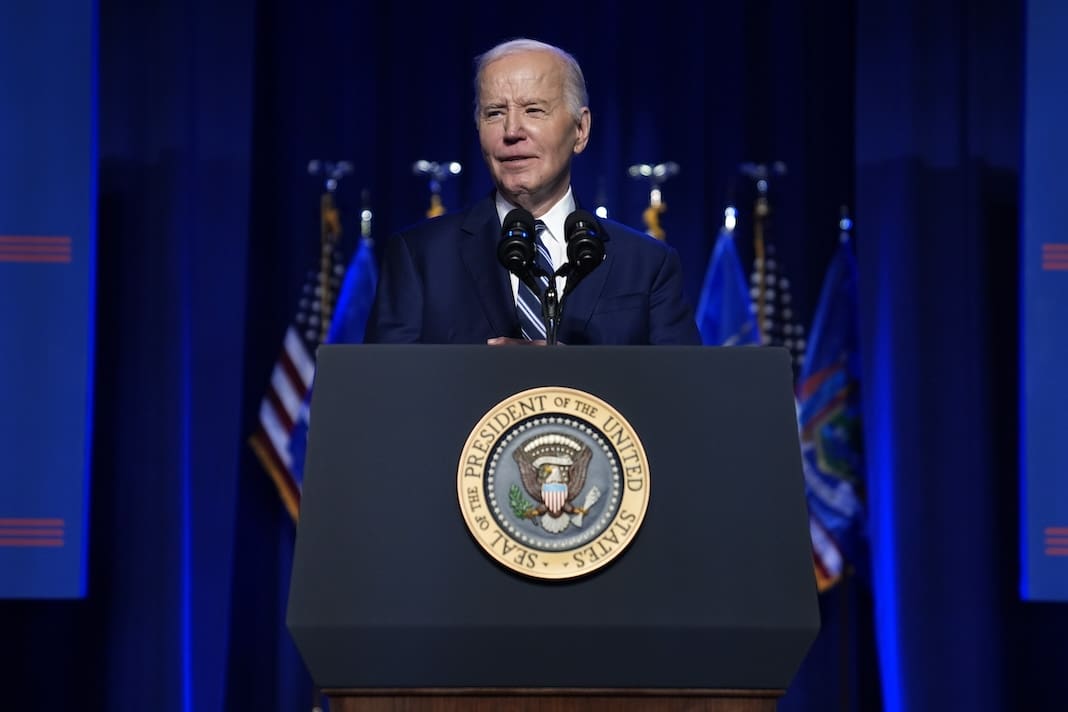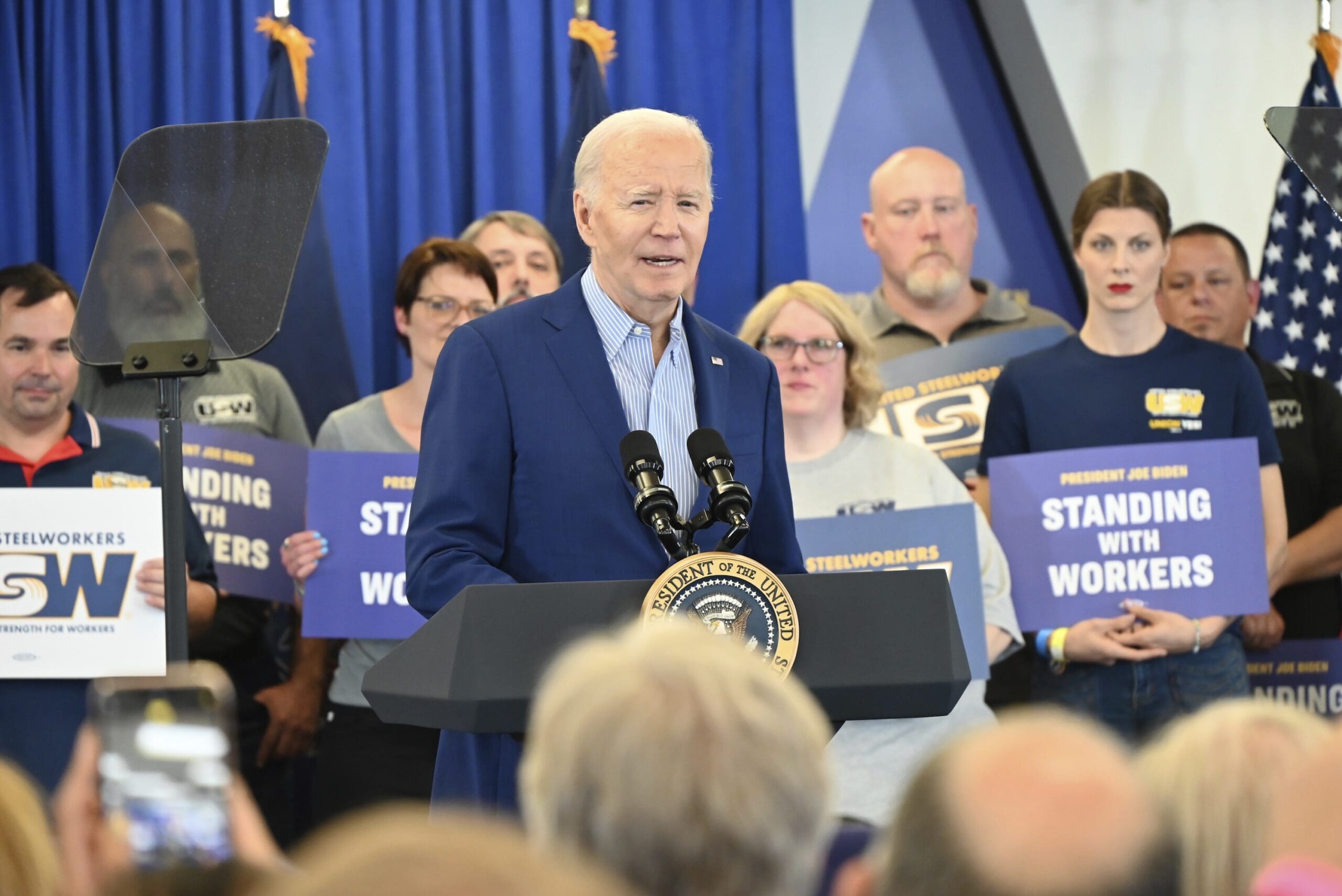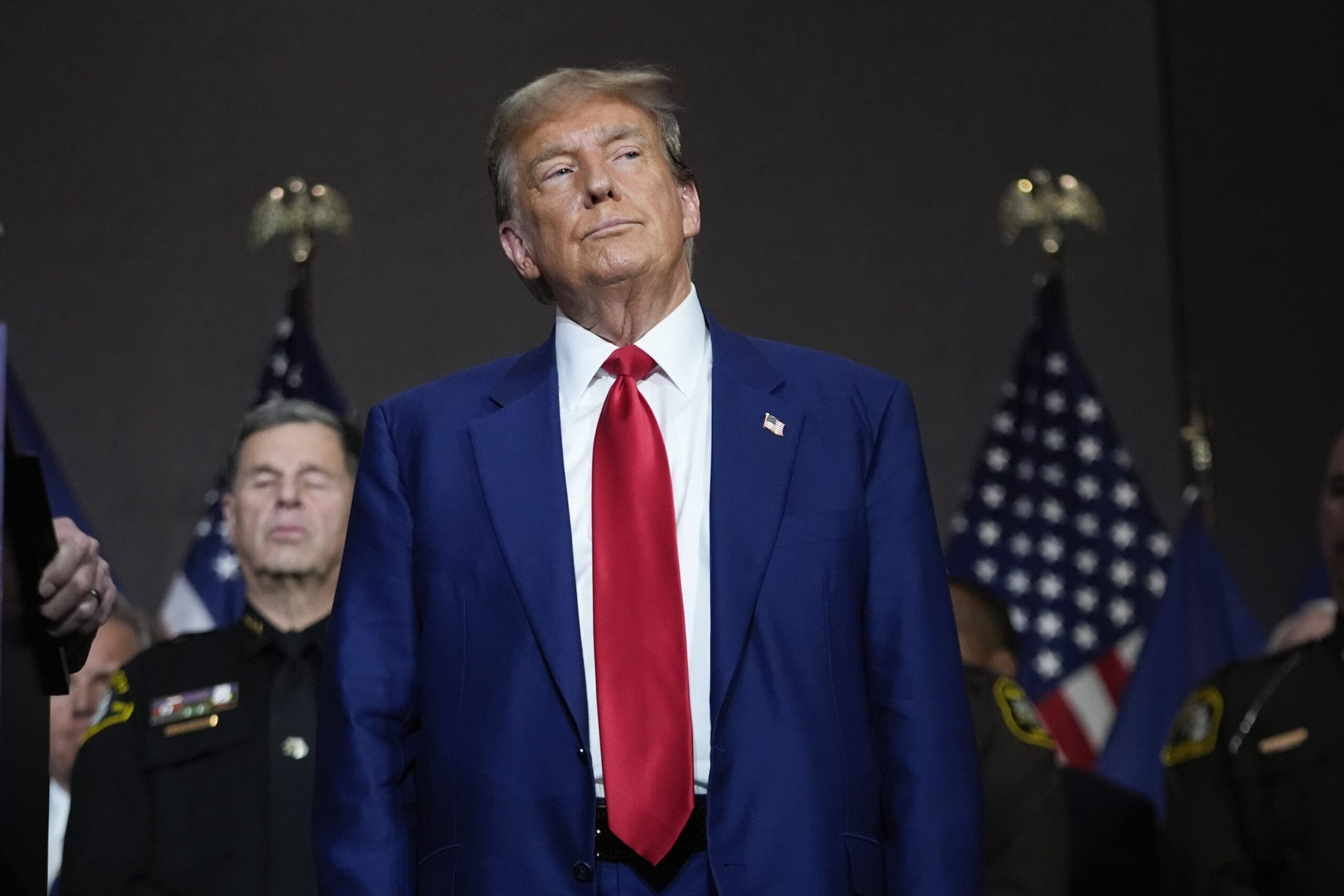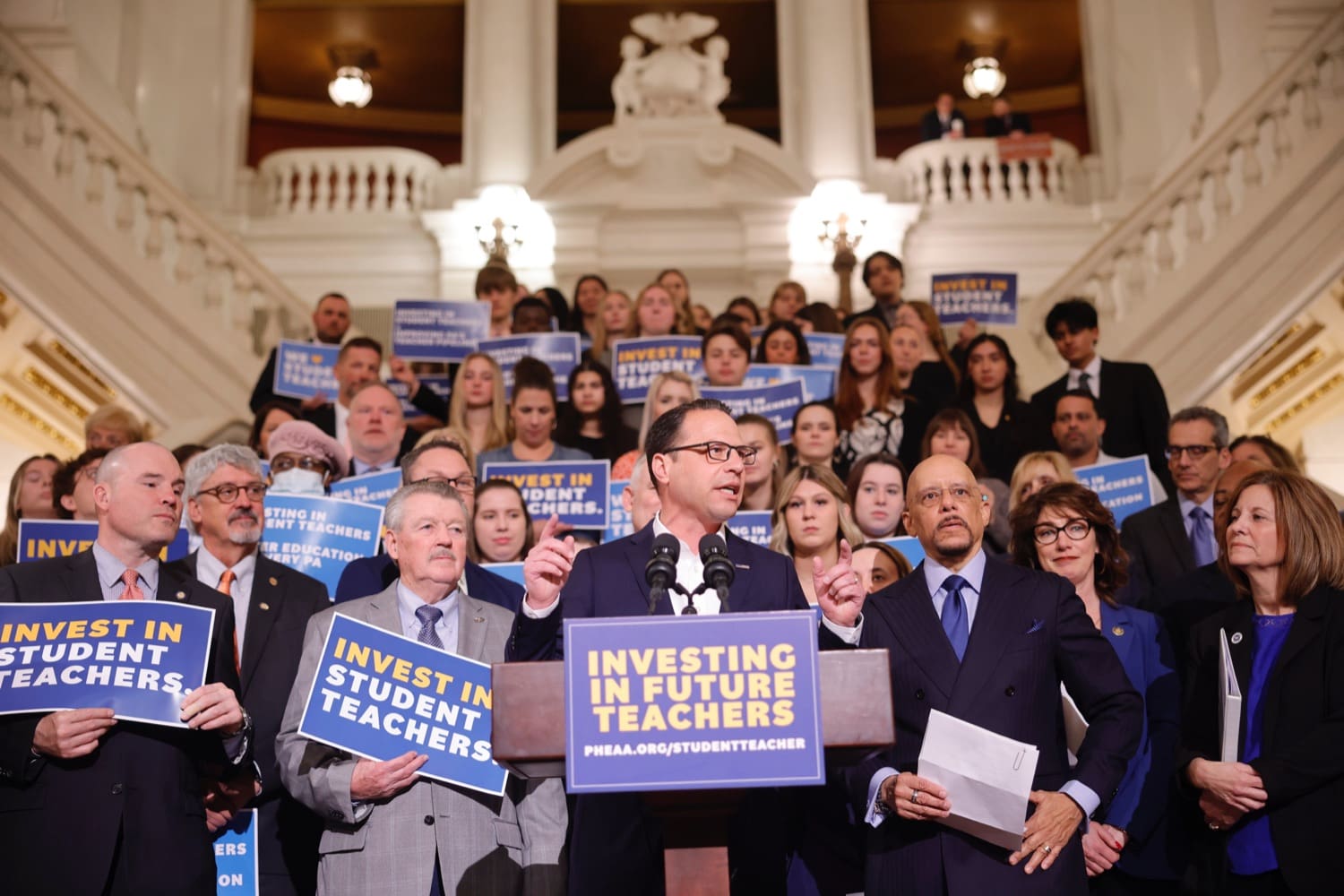Gov. Shapiro proposes $25 million for new program to support small businesses
The Main Street Matters initiative would help business owners pay for building repairs and beautification.

When Joe Ravita opened Empire Music in Mt. Lebanon’s main commercial district in 2002, he had $3,500 in a checking account, and his grandmother had collateralized her house to secure a line of credit for her grandson.
In other words, money was tight. His shop, which sells guitars and other musical equipment, has gone on to be successful — but that might not have been the case if the building he moved into had needed some kind of construction work or the exterior hadn’t looked inviting, Ravita said.
“I’m not sure I could have overcome that,” Ravita told the Pennsylvania Independent.
It is these pricey building repairs and beautification efforts that Gov. Josh Shapiro is hoping to address by allocating $25 million for a program called Main Street Matters in his proposed 2024-25 budget. The program is slated to build upon an existing state initiative, called Keystone Communities, to provide grants that would support downtowns, main streets, and surrounding neighborhoods.
“My administration is focused on creating real economic opportunity — and there’s no better way to do that than to help more Pennsylvanians start and grow small businesses of their own,” Shapiro said of the Main Street Matters program in a Feb. 15 press release. “That’s how we create generational wealth and lift up entire communities. I believe the strength of our communities — and the number of opportunities we can create for Pennsylvanians — is directly tied to the strength of our local business communities and main streets.”
If state lawmakers pass a budget with the governor’s proposed $25 million for the new program, the initiative would provide grant funding for a wide variety of projects in core commercial areas across the state, including facade restoration, state Economic Development Secretary Rick Siger said during a press conference held at Empire Music on Feb. 14. Legislative hearings on Shapiro’s proposed $48.3 billion budget for the 2024-25 fiscal year just wrapped up, and state law mandates that Pennsylvania legislators pass a budget by June 30 — though that doesn’t always occur.
The state funding could give businesses like Ravita’s crucial financial support that could keep them from shutting their doors if they don’t have the money for work such as building repairs, the Empire Music owner and other economic development leaders said. It would also provide dollars to improve an entire business district, such as making an area accessible to people with disabilities.
“I think in many instances, if you go through many business districts, they’re not well lit; they don’t feel as safe as they could. They aren’t accessible to everybody,” Ravita said. “So it’s very hard to revitalize areas without those [lighting and accessibility improvements].”
Funding to address entire districts helps to improve public safety and accessibility, as well as generally build and maintain a downtown that draws people to the area, said Eric Milliron, the manager of economic development for Mt. Lebanon.
Researchers from the University of Pennsylvania, the University of Chicago and the University of Oregon published a study in 2019 that found street lighting can play an integral role in decreasing crime. According to the study, which looked at data from New York City, street lighting reduced outdoor nighttime index crimes — which include murder, rape and robbery — by about 36% and reduced overall index crime by approximately 4%.
Meanwhile, a 2019 study by researchers at the Federal Reserve Bank of Philadelphia and the Massachusetts Institute of Technology found that city beautification efforts are an important predictor of population growth. Cities perceived as more beautiful than other metropolitan areas experienced population growth that was 10 percentage points higher than did their less beautiful counterparts, according to the study.
For Milliron, investing in downtowns and main streets can play a significant role in bringing people together. For example, neighbors may get more involved in civic life while planning a project that would impact their community. In addition, downtowns and main streets aren’t just about shopping, Milliron noted; they’re places where people gather for special events like weddings and birthdays and where neighbors run into one another and build relationships that can strengthen their own lives as well as the community.
Shapiro also emphasized this point.
“I can tell the strength of a community based on the vibrancy of their main street,” the governor said during the Feb. 14 press conference in Mt. Lebanon.
Milliron pointed to a recent two-year, $4 million project that renovated the main commercial area in Mt. Lebanon, which is home to about 34,000 people and is located just south of Pittsburgh. Using a combination of dollars from the state, including from the Keystone Communities program and the county and municipality, the project entailed updating the area’s street lighting, adding vegetation, and replacing sidewalks.
Those changes may not register as monumental, but they can play a significant role in a community’s economic development, Milliron said.
“A lot of times, the downtown is either one of the reasons people move to a particular place or don’t,” Milliron said. “So if your downtown is struggling, looks tired, is boarded up, has a lot of vacancies, that’s a problem.”
Ravita noted that his business will receive foot traffic because people enjoy walking around the area.
“If you make communities’ cores stronger, you’re going to get a better energy,” Ravita said. “You’re going to get better businesses supporting the communities better than they’re being supported now, which makes it a better place to live.”
Business centers throughout the state are in need of financial support for these kinds of improvements, Milliron said.
“It’s needed desperately for downtowns throughout the commonwealth,” Milliron said.
There are various reasons for that need, but one is that Pennsylvania towns’ downtown buildings are often old and need electrical improvements or updates to be made accessible for people with disabilities, Milliron explained.
State Rep. Dan Miller, a Democrat whose district includes Mt. Lebanon, said he’s pleased that the governor is calling for $25 million for the program, but would like to see even more.
“To be honest, I’d be happy if we could even do better than that,” Miller said, referring to the proposed funding for the program. “I’d like it to be a $100 million investment.”
Still, $25 million is a good start, Miller said.
“If you think back 15, 20 years ago, before the 2008 crash, the state used to be much more active,” Miller said. “But it’s one of those areas that, since that time, the state has, let’s just say, not been as good of a partner as it should have been. So the governor is right to be redirecting thought and resources into these — community centers almost is how I think about it — but these business districts.”




